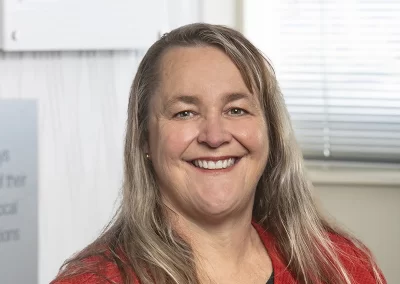The amount of money that can be transferred to a tax-free retirement account will increase to $2m on 1 July 2025.
The transfer balance cap – the amount that can be transferred to a tax-free retirement account – is indexed to the Consumer Price Index (CPI) released each December. If inflation goes up, the general transfer balance cap (TBC) is indexed in increments of $100,000 at the start of the financial year.
In December 2024, the inflation rate triggered an increase in the cap from $1.9m to $2m.
Everyone has an individual transfer balance cap. If you have started a retirement income stream, when indexation occurs, any increase only applies to your unused transfer balance cap.
If you are considering retiring, either fully or partially, indexation of the transfer balance cap provides a one-off opportunity to increase the amount of money you can transfer to your tax-free retirement account. That is, if you start taking a retirement income stream for the first time in June 2025, your transfer balance cap will be $1.9m but if you wait until July 2025 your transfer balance cap will be $2m, an extra $100,000 tax-free.
If you are already taking a retirement income stream, indexation applies to your unused TBC – so, you might not benefit from the full $100,000 increase on 1 July 2025.
Where can I see what my cap is?
Your superannuation fund reports the value of your superannuation interests to the Australian Taxation Office (ATO). You can view your personal transfer balance cap, available cap space, and transfer balance account transactions online through the ATO link in myGov.
Want to Know More About Superannuation?
Bentleys Newcastle has an extremely knowledgeable Self-Managed Superannuation Fund (SMSF) Administration team headed by our SMSF specialist, Kim Phillips, who many clients have already spoken to.
Together with our Bentleys Newcastle Wealth Financial Planning team, headed by Laurence Poulter, we have a wealth of knowledge and understanding to assist you with your retirement planning strategies or questions.
Our team is always available to discuss your concerns.
Latest Articles & Insights
Phasing out cheques
The Government has announced a transition plan to phase out the use of cheques. Under the plan, cheques will stop being issued by 30 June 2028 and stop being accepted on 30 September 2029. The use of cheques has declined dramatically over the last 10 years, declining...
Tax deduction denied for signature basketball shoe R&D
The Federal Court has denied a sports company’s appeal to claim research & development incentives for the creation of an Australian signature basketball The Federal Court has denied a sports company’s appeal to claim research & development incentives for the...
What’s ahead in 2025?
The last few years have been a rollercoaster ride of instability. 2025 holds hope, but not a guarantee, of greater stability and certainty. We explore some of the key changes and challenges. An election Welcome to political advertising slipping into your social...
Are student loans too big?
Australian voters tend to reject US style education favouring more egalitarian systems where income does not determine access. In the US, average student debt is USD $37,693 (public and private debt) taking an average of 20 years for individuals to repay. But,...
When overseas workers are Australian employees
The Fair Work Commission has determined that a Philippines based “independent contractor” was an employee unfairly dismissed by her Australian employer. Like us, you are probably curious how a foreign national living in the Philippines, who had an ‘independent...
What makes or breaks Christmas?
The cost of living has eased over the past year but consumers are still under pressure. For business, planning is the key to managing Christmas volatility. The countdown to Christmas is on and we’re in the midst of a headlong rush to maximise any remaining...



